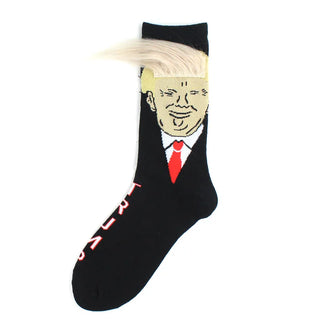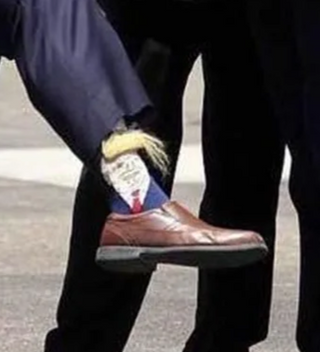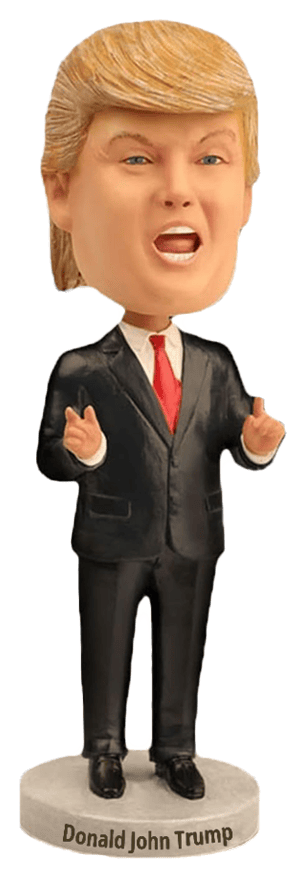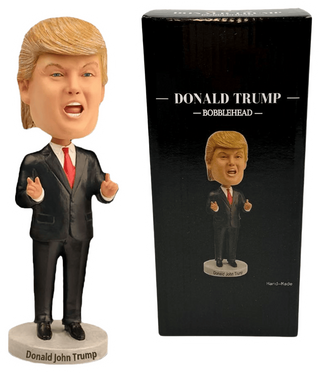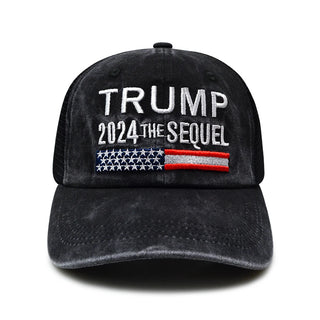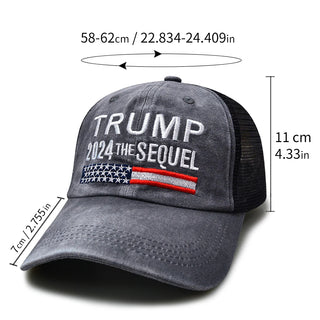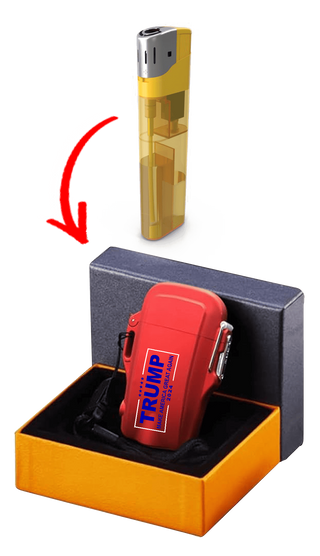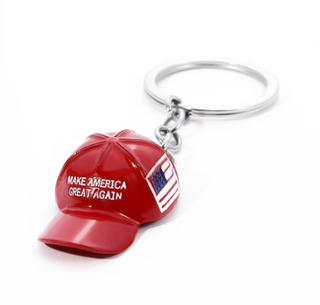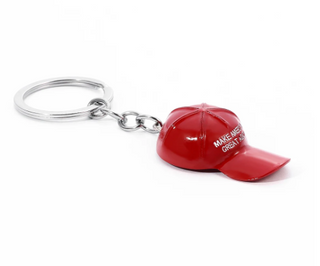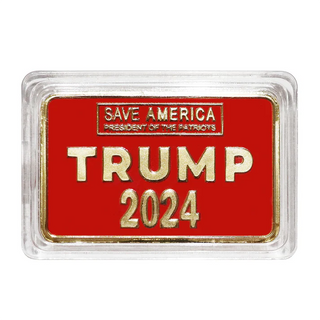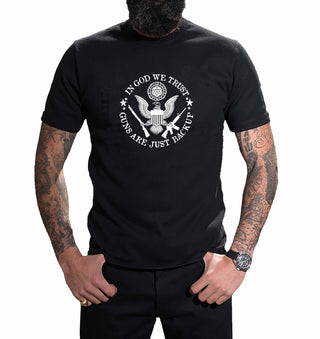James Pearce, a prosecutor on special counsel Jack Smith's team, was subjected to intense interrogation throughout this hearing. Judge Henderson's inquisitive question regarding the possibility that the court's ruling could create a precedent that sparks a plethora of lawsuits against former presidents was covered by The Hill. She emphasized the possible long-term ramifications of their decision and asked, "How do we write an opinion that would stop the floodgates?"
Pearce contended, citing the Watergate scandal's historical background, that the general consensus in society is that presidents are subject to the same laws as everyone else. He emphasized that even though the pivotal figure in the Watergate affair, President Nixon, resigned and avoided prosecution, this did not imply presidential immunity. Pearce stressed that the allegations brought against Trump at this time, especially those concerning his purportedly improper handling of sensitive data, were distinct and shouldn't be interpreted as establishing a standard for any lawsuits brought against former presidents.
During the hearing, John Sauer, Trump's attorney, made a counterargument. Judge Florence Pan brought up the disparity in Trump's legal position during his second impeachment trial. Sauer responded by saying that the current case was unique and that any prior concessions were meaningless. He cautioned about the possible "chilling effect" on incoming presidents, believing it would discourage them from taking risks if they were always concerned about the consequences of their actions.
Sauer went on to say that permitting punishment for "official acts" may open a Pandora's box and have unanticipated and negative effects on the country's government.
Former President Trump, who attended the hearing, shared his opinions with the panel, which consisted of two judges nominated by President Biden and one by the late President George H. W. Bush. Trump maintained his innocence and characterized the prosecution as a danger to democracy, denouncing the proceedings against him as unfair and politically motivated.
The decisions made at this hearing could have a big impact on Trump's case as well as the wider, unexplored legal area of prosecuting former presidents for crimes they committed while in office. The United States Supreme Court may yet consider more appeals even though it has already declined to get involved.
There is currently a great deal of urgency for a settlement because the case is in the appeals process and Smith's team is keen to move forward before to the November election. But it appears that Trump's legal strategy is focused on prolonging the appeals process, which could cause the trial to go way beyond its originally planned start date—possibly even past the next election.


